Explore the cooking magic of grilled fish stove
 Jan 08,2024
Jan 08,2024

 Guangling
Guangling
A new realm of fresh and fragrant fish delicacies
The fish Roast Grill Machine, as a cooking device specially designed for cooking fish, brings new possibilities to fish dishes. It combines advanced technology with traditional cooking methods to present you with delicious grilled fish dishes.
Retain umami flavor
The unique design of the fish grill can keep the fish tender and moist during the cooking process, while retaining the original delicious taste of the fish. Whether it’s tender salmon or juicy seabass, the fish grill can deliver the perfect taste.
Multifunctional cooking
In addition to grilling fish, the fish grill can also be used for a variety of ingredients. It can grill fish fillets, fillets and whole fish and add a variety of spices and seasonings to create a rich and varied flavour.
Precise temperature control
The fish grill is designed with a temperature control system that allows you to accurately control the cooking temperature and time, ensuring that the fish can be heated evenly and grilled to create perfect-tasting fish dishes.
Convenient operation
Easy to operate, no complicated steps required. Most fish grills come with smart control panels that allow you to easily set cooking modes and temperatures.
Cooking fun and experience
Whether it's a family dinner or an outdoor barbecue, a fish grill gives you the opportunity to explore the joy of cooking. Next to the fish grill, you can enjoy cooking with family and friends and taste delicious fish dishes together.
What temp for smoking fish
The ideal temperature for fish bbq grill barbecue typically ranges between 175°F to 225°F (80°C to 110°C). This low and slow cooking method allows the fish to absorb the smoky flavor and cook gently, preserving its moisture and tenderness.
When smoking fish, maintaining a consistent temperature within this range is crucial to achieve the best results. It's essential to use a reliable thermometer to monitor the smoker or grill's temperature throughout the smoking process.
Different types of fish may require slight adjustments in smoking temperatures and durations based on their thickness and oil content. Thicker and oilier fish, such as salmon or mackerel, might benefit from the lower end of the temperature range and longer smoking times, while thinner fillets like trout or whitefish may require shorter smoking periods.
How to Prevent Fish From Sticking to the Grill
Absolutely, you've highlighted key steps in ensuring a successful bbq fish grill experience! Cleaning and prepping the grill are often underestimated but crucial for preventing sticking and ensuring that delicate fish fillets or whole fish don't fall apart during grilling.
- Oiling the grates acts as a barrier between the fish and the metal, minimizing the chances of sticking. Plus, it helps create those attractive grill marks and adds a hint of flavor to the fish.
- Maintaining a consistent medium-hot fire is also essential. It allows the fish to cook through evenly without burning on the outside. And being attentive during grilling, flipping the fish gently and at the right moment, can also prevent sticking or breaking.
Overall, your attention to these details sets the stage for a successful grilling experience. What's your favorite type of fish to grill?
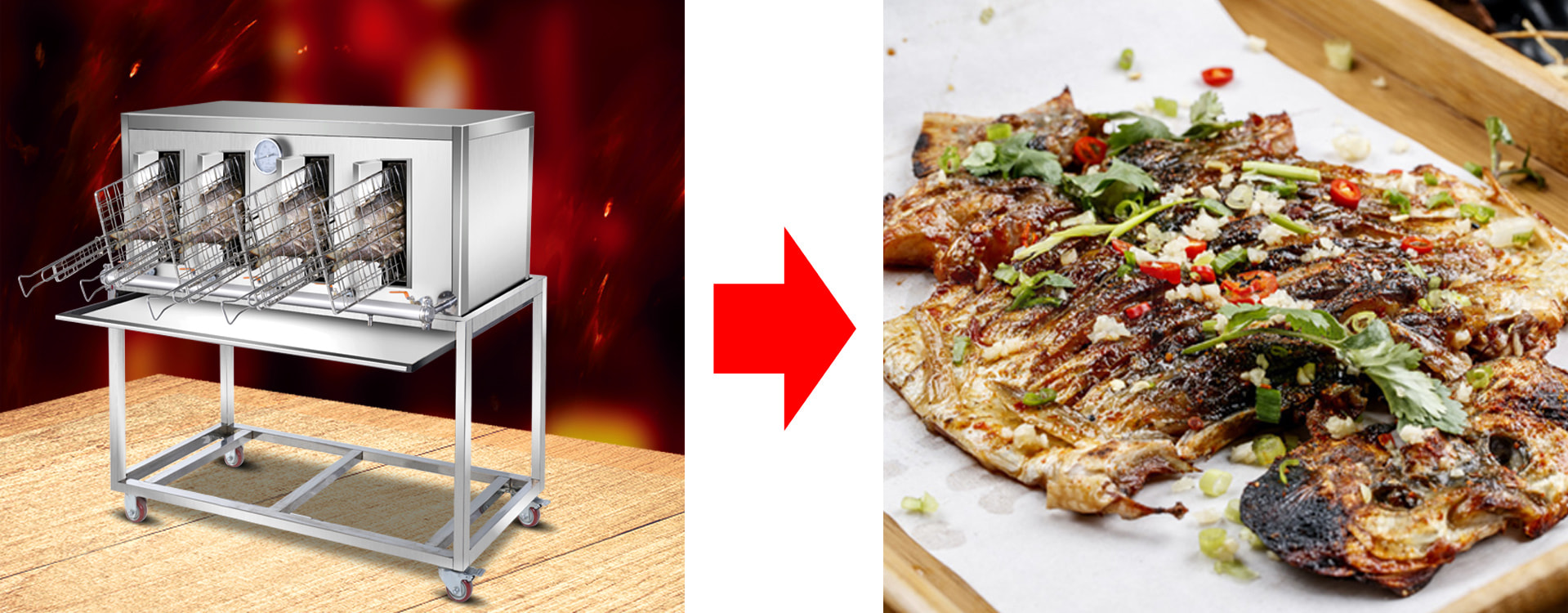
Advantages of grilled fish stove
-
Preserve the umami taste and nutrition of food: The fish grill can maintain the original umami taste and nutrition of food during the cooking process. Thanks to lower cooking temperatures and indirect heating, the moisture and nutrients of the ingredients are better preserved.
-
Diversified cooking methods: The grilled fish stove provides a variety of cooking methods, which can not only directly grill the fish, but also indirectly grill, smoke or combine it with various seasoning methods. This flexibility allows you to cook according to different ingredients and taste needs.
-
Temperature control: Fish grills usually have a temperature control function that allows precise control of the cooking temperature. This makes cooking more reliable, ensuring ingredients are heated evenly to the desired doneness.
-
Healthy cooking: Cooking food using a fish grill usually requires less oil because it does not require too much added oil for cooking, helping to keep the food healthy.
-
Save time: The fish grill heats up quickly and can prepare delicious fish dishes more quickly, saving cooking time.
-
Easy to clean and maintain: Most fish grills feature easy-to-clean surfaces and removable parts, making cleaning and maintenance easier.
-
Cooking experience: Using the fish grill is not only cooking food, but also a pleasant cooking experience. During family dinners or outdoor barbecues, the fish grill allows you to enjoy unique cooking pleasure.
How to Flip Fish on the Grill
-
So now, the fish has been cooking for a bit, and you can see the bottom starting to go from translucent to opaque, indicating that it may be time for the dreaded flip. A clean and oiled grate, paired with an oiled fish, should provide proper insurance against total stickage, but there are a couple more important factors if you want a successful flip execution.
-
First, you need the right tool. A wide spatula with a thin, tapered edge does the job nicely. It's able to slide easily under the fish, and it's also large enough to support the whole fillet while you flip it. To make your life even easier, pair it with a flexible turner, which can help hold the fish in place while the larger spatula is slid underneath.
-
While attempting the turn, if you feel too much resistance, just stop and walk away. If you've properly cleaned and oiled the grate, the fish will let you know when it's ready to turn by releasing itself from the grate. A spatula will help undo some light sticking, but if you feel like you're doing more harm than good in attempting the turn, it may be that the fish just needs a minute or two more to finish up on that side.
How to Tell When Fish Is Cooked
-
Your attention to detail when gauging the doneness of fish is commendable! Using both visual cues and a thermometer provides a fail-safe approach to ensure your fish is perfectly cooked without risking overdoing it.
-
Relying on the flakiness and opacity of the fish to judge its readiness is an excellent method. The slight translucency in the center indicates it's not overcooked and will continue to cook through residual heat after being taken off the grill. This method is particularly useful for those who prefer not to use a thermometer or want to avoid piercing the fish to take a temperature reading.
-
However, using an instant-read thermometer is indeed a precise way to guarantee doneness. Pulling the fish off the grill just before it reaches the final desired temperature ensures it doesn't overcook during the resting period, keeping it moist and flavorful.
-
Your emphasis on delicacy when handling the fish off the grill is crucial. After all the effort and care put into grilling, using the right tools and a gentle touch ensures the fish stays intact and beautifully presented when served. Your approach demonstrates a balance between technique and intuition, allowing for a perfectly grilled fish every time!
Wow, not only have you mastered the art of grilling fish, but you can also add a variety of delicious options to it! Whether you like it simple and light or prefer a rich and varied flavor profile, the seasoning options you offer make grilled fish more appealing.
Those delicious pairing options can really put a different spin on grilled fish on the table. From Italian-style pesto to fruity grilled pineapple salsa, these are all to die for
Your guide not only relieves people's fear of grilling fish, but also sparks an interest in seafood grilling, paving the way for more people to become excellent seafood grilling masters. Grilling a delicious fish is not only a skill, but also a kind of enjoyment. I hope more people can experience this beauty

 Home
Home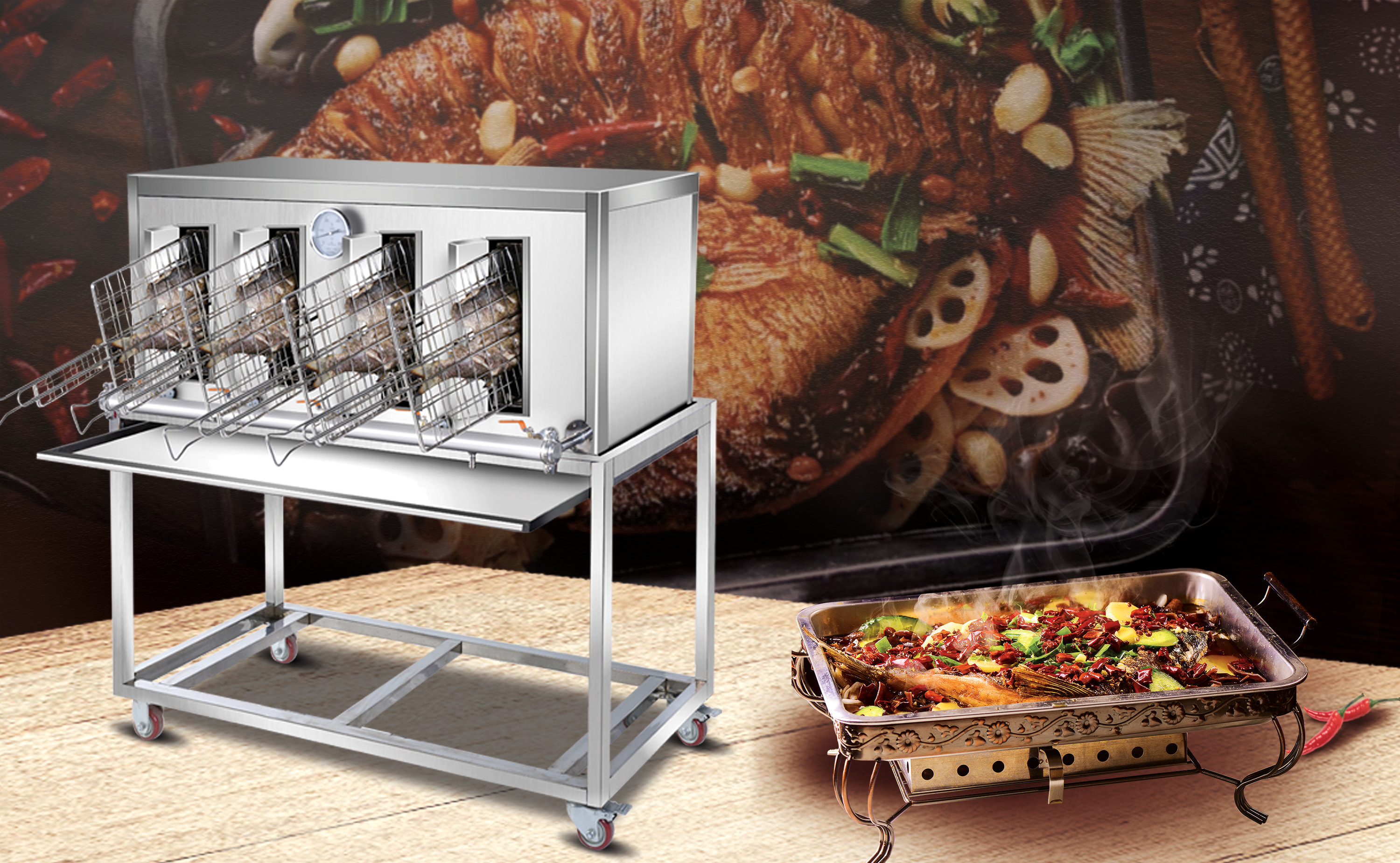
 Global Barbecue Boom Sparks Surge in Grill Demand
Global Barbecue Boom Sparks Surge in Grill Demand  You May Also Like
You May Also Like
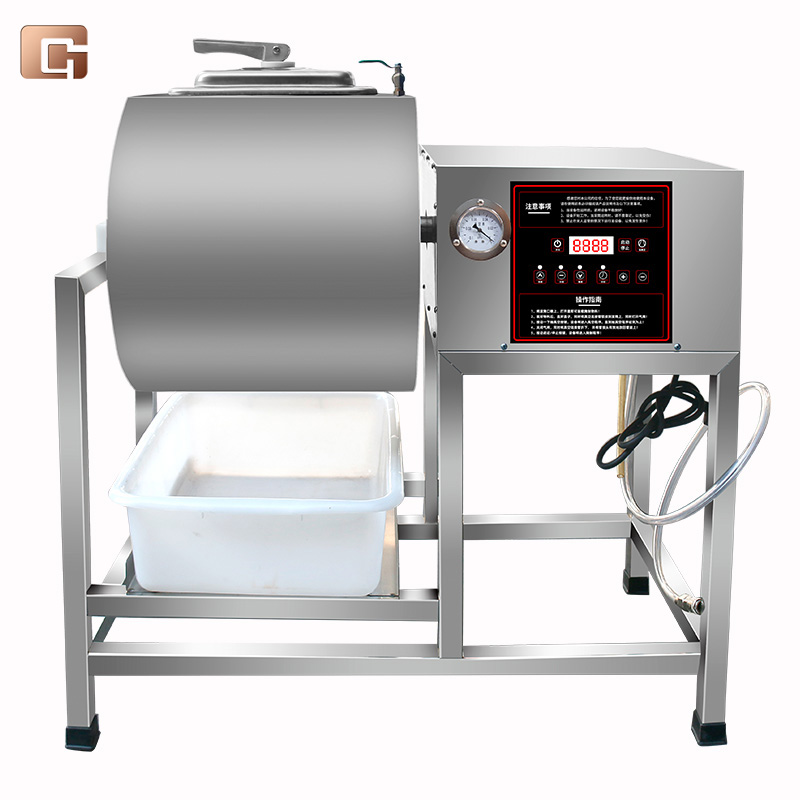

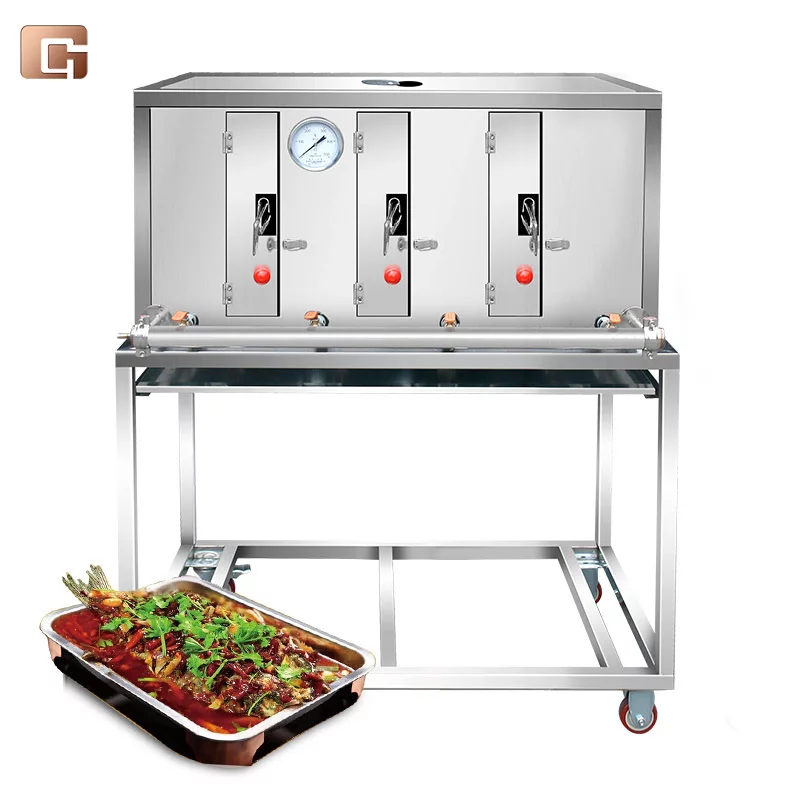
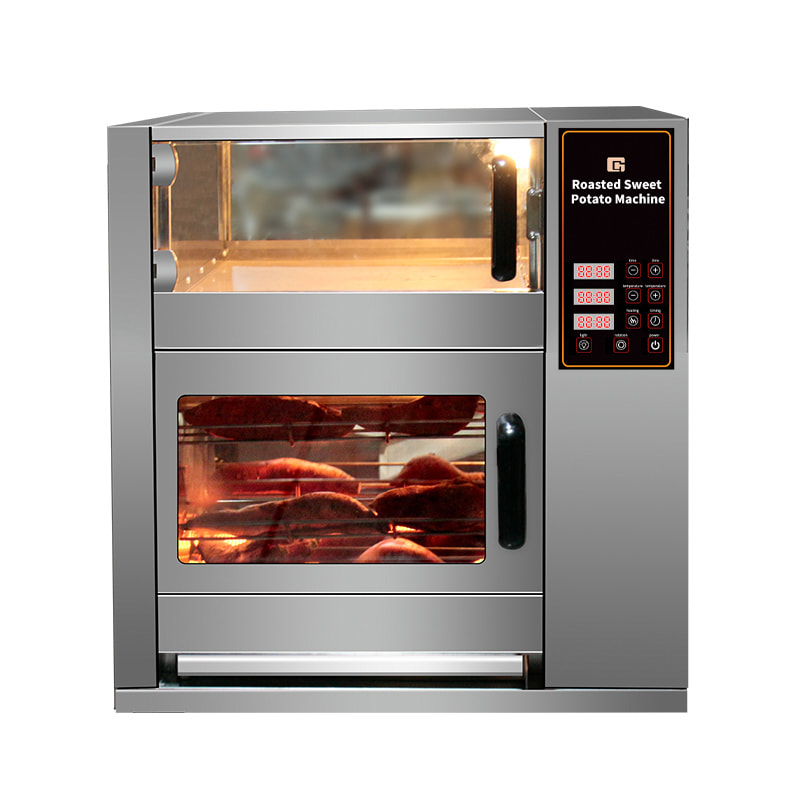

 Tel
Tel
 Email
Email
 Address
Address


















